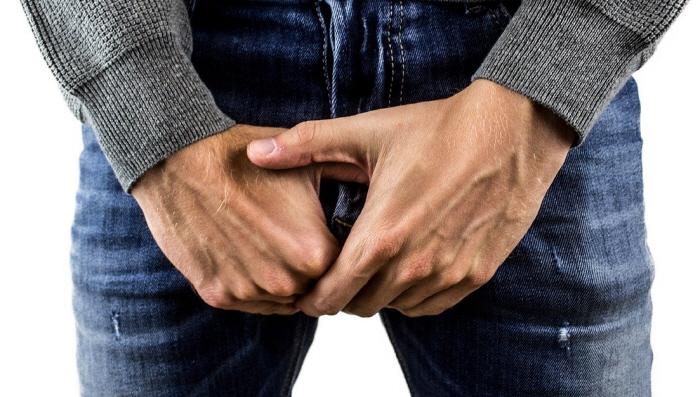Artificial sweeteners in Zero Sugar Beverages Are Concerned About Men's Reproductive Health
May 26, 2025
|
Sucralose is a food additive (sweetener) that tastes 600 times sweeter than sugar of the same weight and is manufactured as a raw material for sugar.
It has little calories and can be sweetened even with a small amount of use, so it is widely used in the manufacture and processing of food as an alternative to sugar.
A study published in the international journal 『Journal Environmental Health Perspectives" found that sucralose consumption may cause decreased sperm survival, damage to testicular tissue, and hormonal imbalance.
To investigate the link between sucralose and male reproductive health, the Taiwanese collaborators conducted an experiment on 6-week-old male mice.
The researchers divided the mice into four groups and administered 1.5 mg/kg of sucralose, 15 mg/kg, 45 mg/kg, and 90 mg/kg for two months, respectively. The control group was administered ion-removed water.
As a result, there were no differences in body weight, liver function levels, and heart index in the sucralose-administered mice. The appearance of the reproductive organs was also not significantly different, but the epididymal and testicular indices were significantly lower. There was also a significant decrease in serum testosterone and LH levels, and serum and testicular KISS1 levels. KISS1, a key regulator of the hypothalamus-pituitary-proliferative gland (HPG) axis, is important for initiating puberty and maintaining reproductive hormone balance. The decrease in this number can be interpreted as impairing fertility, the researchers explained.
In addition, the sucralose-administered group showed an abnormal spermatogonial shape (twisted and bent tail) and had low sperm survival rates.
DNA damage was also observed in spermatozoa, indicating cell damage.
The researchers said "Sucralose exposure caused oxidative stress, caused DNA damage, and interfered with autophagy, resulting in negative effects on reproductive outcomes in male mice." However, further research is needed because the sucralose dose used in this mouse experiment is generally well beyond the range of doses people take.
Meanwhile, the U.S. Food and Drug Administration (FDA) recommends a daily intake of sucralose at 5 mg per kilogram of body weight, and the European Food Science Commission evaluated 15 mg per kilogram of body weight as a safety standard.
This article was translated by Naver AI translator.














